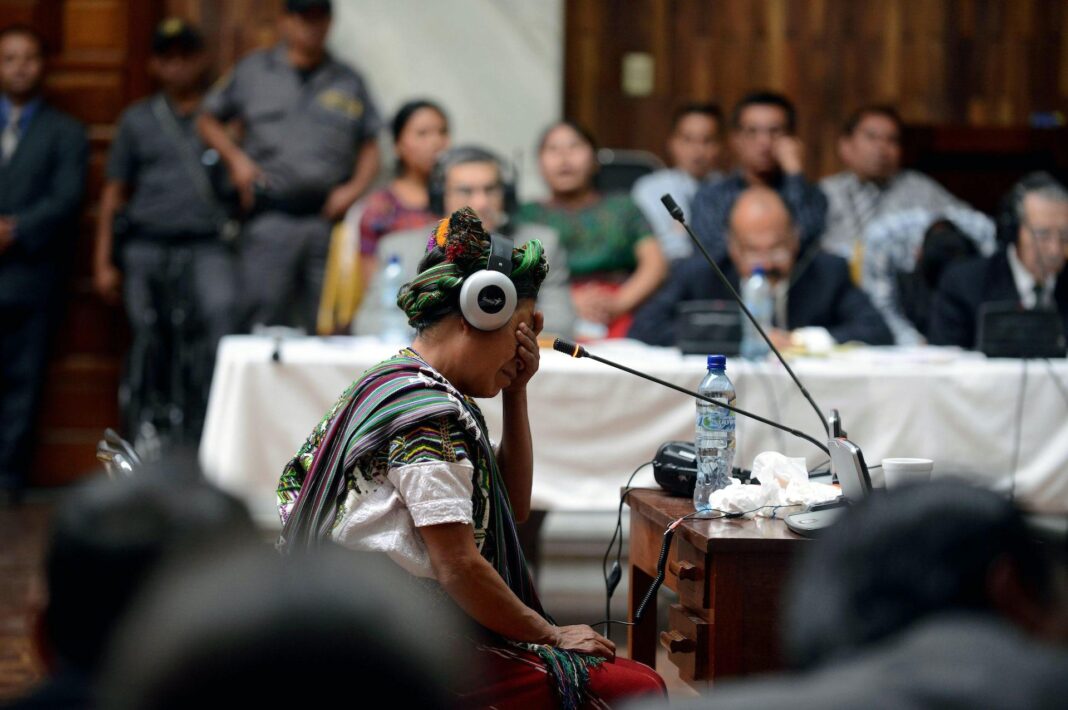Uncommon Courses is an occasional series from The Conversation U.S. highlighting unconventional approaches to teaching.
“Introduction to Nongovernmental Organizations”
I’ve long studied mass atrocities perpetrated against people based on their religion, ethnic background, political views or simply some aspect of their identity. Over the past decade, I came to realize that what I’d learned from history classes and news media about the Nazi Holocaust, the Cambodian killing fields, the genocide of Tutsis by Hutus in Rwanda, and the ethnic conflicts in the Balkans in the 1990s taught me what happened and why. I didn’t know, and wanted to learn, what could have been done to prevent that violence and what happened afterward to prevent it from happening again.
I learned that nonprofits play a critical role in preventing mass atrocities and helping communities recover from them. I developed this course to teach students about the nongovernmental organizations, as these groups are called outside the United States, that do this work.
It focuses on five countries with a history of mass atrocities – or the risk of experiencing them in the future – and the often difficult work NGOs do in those places. Students learn about the history of conflicts and the potential for future identity-based violence in nations like Myanmar, Colombia, Kosovo, Northern Ireland and South Africa.
In addition, students regularly meet with staff from NGOs in each of those countries to learn what they do to address past violence and prevent it in the future.
Two examples are Community Building Mitrovica in Kosovo, and the District Six Museum in South Africa. Community Building Mitrovica operates in a city with a population that’s evenly divided between Albanians and Serbs. It delivers programs that increase understanding and enhances the capacity of the two ethnic groups to live together peacefully.
Cape Town’s District Six Museum tells the story of the displacement of residents and the destruction of the District Six neighborhood under apartheid while also working to rebuild that community in post-apartheid South Africa.
Systematic identity-based violence is more common than you might think. Mayans in Guatemala were victims of genocide in the 1970s and 1980s, as were Indigenous women in Canada over the past 100 years. Repressive governments in Argentina, Chile and Uruguay assassinated political opponents in the 20th century. Uganda in May 2023 enacted a law that criminalized homosexuality, making LGBTQ people fear they too could become victims of identity-based violence.
Threats of violence against groups due to their identity persist in the United States and globally. Recent political attacks on transgender and other LGBTQ people reflect this threat. NGOs are using their knowledge and skills to stave off the threat of violence against them.
“PBS NewsHour”: A segment on the trial of former Guatemalan President José Efraín Ríos Montt for genocide, and the role of NGOs in bringing him to trial.
#KIFAYA: A case study of young South Sudanese activists from different ethnic groups who created a music video sung in several local languages to call for an end to interethnic violence and hate speech.
“The Missionary”: A podcast that tells the story of the harm people from wealthy nations can do when they lack the skills and local knowledge to do NGO work outside their home countries. This podcast focuses on a U.S. woman accused of providing medical care in Uganda without any training.
Students ideally acquire a deeper appreciation of the hard work required to address the underlying causes of mass atrocities and identity-based violence. They learn about people who have dedicated their professional lives to reducing the threat of violence – and their successes and failures. I hope it motivates some of them to work in this field, either through volunteering or their professional careers.
This article is republished from The Conversation, an independent nonprofit news site dedicated to sharing ideas from academic experts. The Conversation has a variety of fascinating free newsletters.
Read more: Can mass atrocities be prevented? This course attempts to answer the question Genocides persist, nearly 70 years after the Holocaust – but there are recognized ways to help prevent them
The Institute for Genocide and Mass Atrocity Prevention at Binghamton University, which sponsored the development of this course, receives funding from an alumnus to underwrite the cost of the stipends the course provides to participating NGOs.














